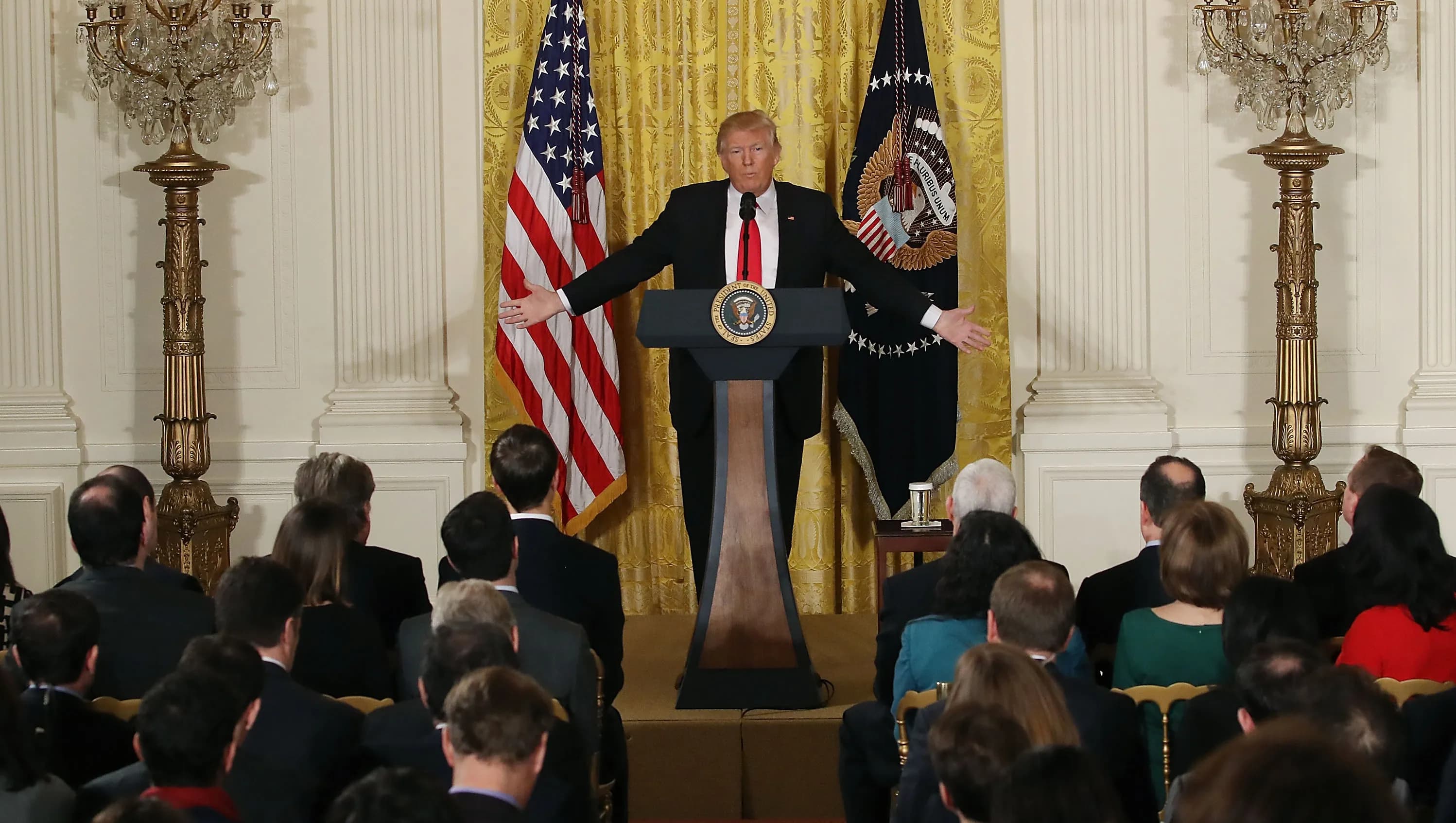The latest iteration of Donald Trump’s legislative agenda, branded as the "Big Beautiful Bill," poses a catastrophic threat to food security for millions of low-income Americans. Experts warn that this policy will drastically cut the Supplemental Nutrition Assistance Program (SNAP), jeopardizing the livelihoods of 40 million recipients.
Bill Provisions Threaten Basic Nutritional Support
The proposed legislation, which recently passed in the Senate with a narrow 51-50 vote, includes stringent measures that impose stricter work requirements and shifts financial burdens onto the states. As reported by The New York Times, the Congressional Budget Office projected that at least 2 million Americans could lose access to SNAP benefits altogether, while 40 million face an uncertain future as eligibility is tightened.
Impact on Vulnerable Populations
According to Michael Montgomery, a lecturer in Health & Human Services at the University of Michigan-Dearborn, the implications of these cuts extend far beyond food assistance. "The cost of feeding and caring for people doesn’t just disappear with these drastic cuts," he emphasized. This is particularly concerning for children and families who rely on SNAP, especially in a post-pandemic world where food insecurity has already reached alarming levels.

White House urges GOP to "stay tough" as Senate debates ...
Broader Consequences for Public Health
The repercussions of reduced SNAP benefits are dire, touching not only on food access but also on public health outcomes. Stephanie Hodges, a public health dietitian at The Nourished Principles, noted that these cuts could have "broader" implications on programs such as the U.S. Special Supplemental Nutrition Program for Women, Infants, and Children, as well as school meal programs. Children who rely on direct certification through SNAP for free meals in schools will be disproportionately affected.
Strain on Food Banks and Community Resources
With fewer federal resources to draw from, states are left with an impossible choice: either reduce access to essential programs or siphon funds from other critical services. Food banks, already strained from increased demand during the pandemic, are likely to face further funding cuts. As reported by Axios, this legislation could result in a significant rise in food insecurity, a reality that cannot be considered "beautiful" by any measure.

This week"s top stories | Aurora News-Register
Political Ramifications and Public Response
The political landscape surrounding this bill is fraught with tension. House Speaker Mike Johnson has assured reporters that the bill will pass "one way or another," despite opposition from Democratic leaders like Hakeem Jeffries, who spoke for over seven hours against the legislation. Critics like Montgomery fear that the bill represents a step backwards in the fight against poverty and inequality, while advocates argue that it is necessary to return to pre-COVID spending levels.
Political consultant Matt Klink described the bill as a "linchpin" of Trump’s economic program, banking on an economic model where a "rising tide lifts all boats." However, this rhetoric fails to acknowledge the immediate and tangible suffering that will be felt by millions as access to food assistance is curtailed.







![[Video] Gunfire between Iraqi security forces and Sadr militias in Baghdad](/_next/image?url=%2Fapi%2Fimage%2Fthumbnails%2Fthumbnail-1768343508874-4redb-thumbnail.jpg&w=3840&q=75)
